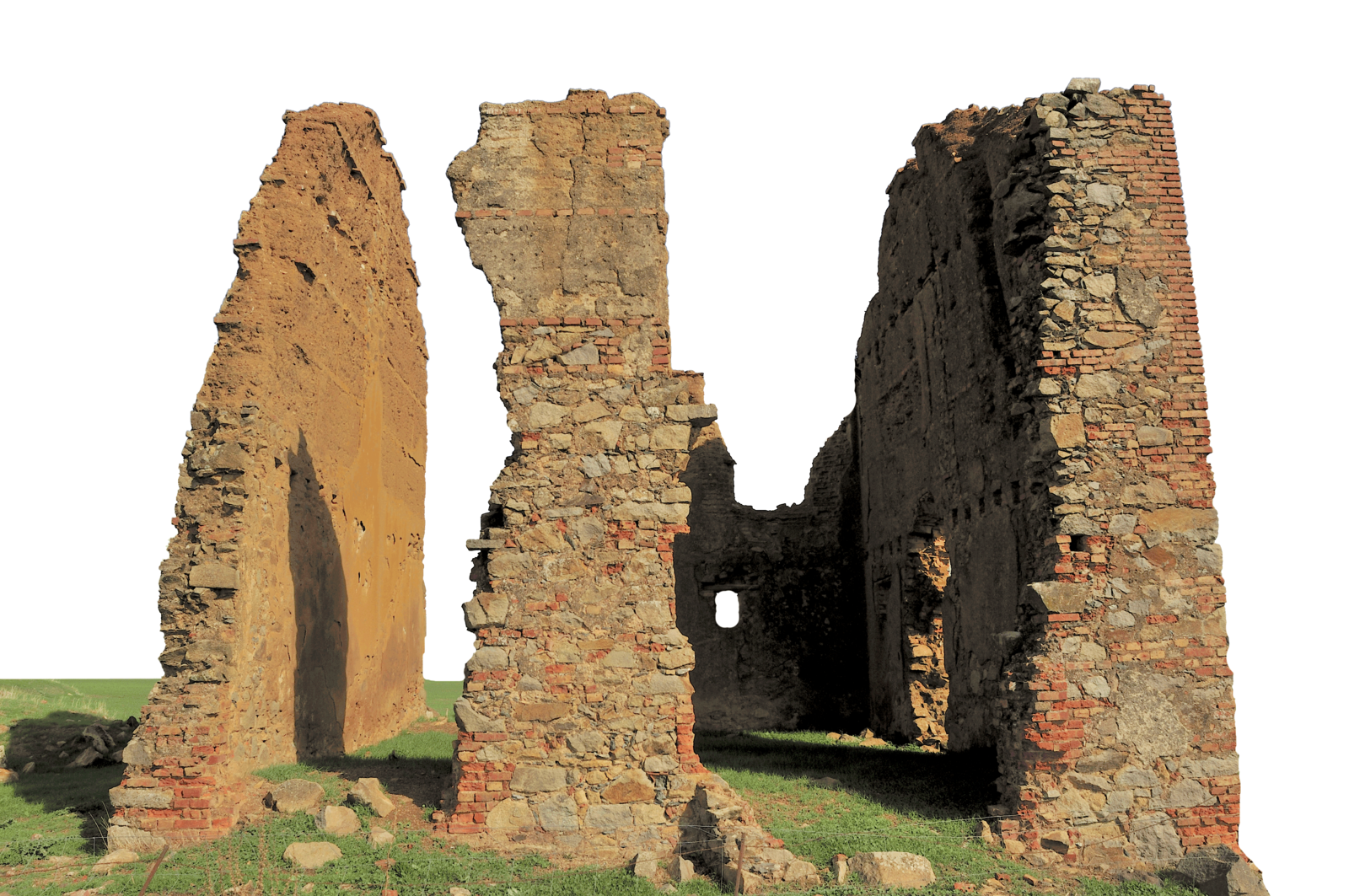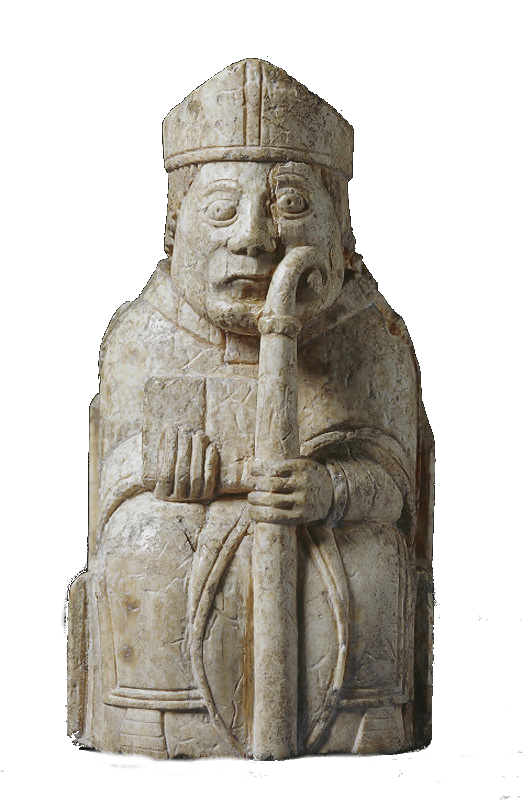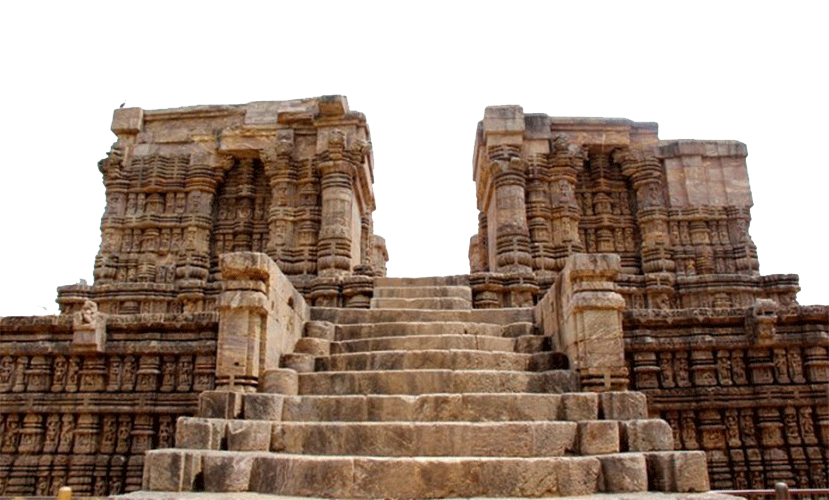Archaeology
Welcome to c/Archaeology @ Mander.xyz!
Shovelbums welcome. 🗿

Notice Board
This is a work in progress, please don't mind the mess.
- 2023-06-15: We are collecting resources for the sidebar!
- 2023-06-13: We are looking for mods. Send a dm to @[email protected] if interested!
About
Archaeology or archeology[a] is the study of human activity through the recovery and analysis of material culture. The archaeological record consists of artifacts, architecture, biofacts or ecofacts, sites, and cultural landscapes.
Archaeology has various goals, which range from understanding culture history to reconstructing past lifeways to documenting and explaining changes in human societies through time.
The discipline involves surveying, excavation, and eventually analysis of data collected, to learn more about the past. In broad scope, archaeology relies on cross-disciplinary research. Read more...
Rules
- Don't throw mud. Be kind and remember the human.
- Keep it rooted (on topic).
- No spam.
- No pseudoscience/pseudoarchaeology.

Links
Archaeology 101:
Get Involved:
University and Field Work:
Jobs and Career:
Professional Organisations:
- Chartered Institute for Archaeologists (UK)
- BAJR (UK)
- Association for Environmental Archaeology
- Archaeology Scotland
- Historic England
FOSS Tools:
- Tools for Quantitative Archaeology – in R
- Open Archaeo: A list of open source archaeological tools and software.
- The Open Digital Archaeology Textbook
Datasets:
Fun:
Other Resources:

Similar Communities
Sister Communities
Science and Research
Biology and Life Sciences
Plants & Gardening
Physical Sciences
Humanities and Social Sciences
Memes
Find us on Reddit

view the rest of the comments
How were we able to procreate with a different species? Are there other instances of this in nature?
I thought mating two species created sterile offspring (mules).
Simply put, it's not that simple.
That just depends on how the chromosomes match A mule is sterile only because it has 63 chromosomes. A horse has 64 and donkey has 62. .
https://www.thetech.org/ask-a-geneticist/articles/2007/ask225/
Its amazing what you learn for a school paper decades that sticks with you.
There are examples of 2 distinct species (with different chromosome count) creating (sometimes) fertile offspring: https://revistapesquisa.fapesp.br/en/when-hybrids-are-fertile-3/
But genetically the neanderthalers were far less different from us than those examples. Apparently all modern humans share 99.9% of DNA and neanderthalers shared 99.7% of that. https://www.livescience.com/archaeology/are-neanderthals-and-homo-sapiens-the-same-species
So the no viable offspring rule might not be that good for differentiating species, but that also doesn't mean that neanderthalers and us were not the same species. The more I read on it, the more I think that we were. Apparently we interbred quite a lot over the millennia.
Is there any way to tell if certain gender-pairs were more common in interspecies mating between sapiens and neanderthals? For example, are we able to tell if the male partner was more or less likely to be sapien or neanderthal?
I think that might be possible with mitochondrial dna (it always comes from the mother), but I only found 1 speculative source that draws a conclusion: "Nobody today has mitochondrial DNA like that in Neanderthals and, since it’s passed only maternally, this implies that interbreeding was more often between their men and our women." https://aeon.co/essays/what-do-we-know-about-the-lives-of-neanderthal-women
It's an essay, not a research paper, I wouldn't bet any money on this conclusion being correct.
Coincidentally just just watched this Gutsick Gibbon (primatologist) vid which touches on this a bit (though not the main topic). https://youtu.be/dy7_LousWVo
Well, this newfound knowledge could have us decide that Neanderthals were not a different species, actually.